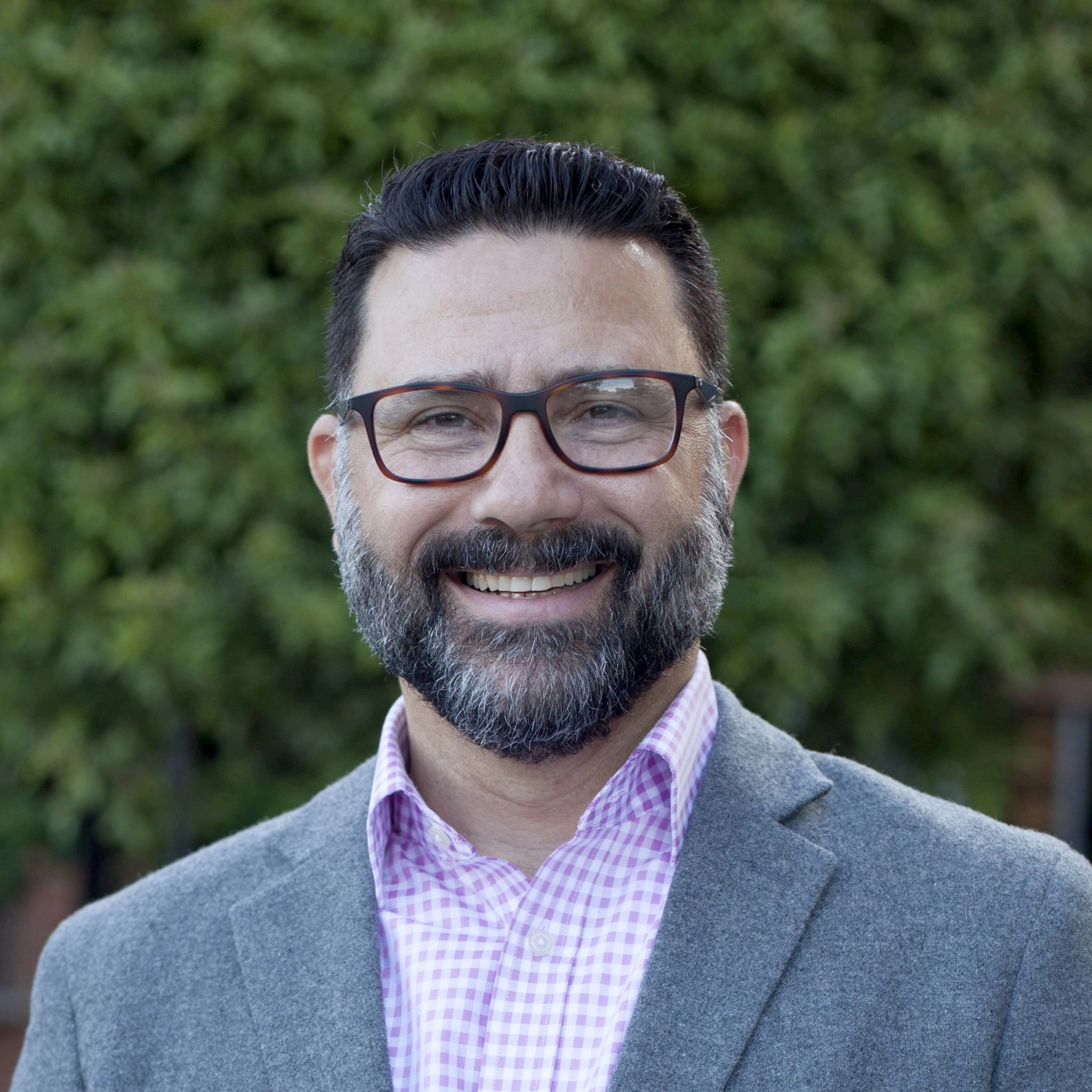How to Reform a Sunday School Program
For many Christians, Sunday school is a staple of church life. But what do you do when that staple isn’t as healthy as it should be?
ADAPTING THE TRADITIONAL MODEL
By God’s grace, the Holy Spirit used a faithful Sunday school teacher to lead me to Christ at the end of my senior year in high school. As a new Baptist, I was taught that Sunday school was one of the marks of a healthy Baptist church. As a pastor, I’ve come to realize that one of the confusing aspects of Sunday school is its communicated purpose: is Sunday school “the outreach arm of the church” (see, for example, The Growth Spiral: The Proven Step by Step Method for Calculating and Predicting Growth Potential in Your Church); or is it the place for in-depth Bible study?
I experienced this outreach/discipleship tension in my first pastorate. The church had historically embraced the idea of using Sunday school as an outreach program. The problem was, new and growing Christians in the church wanted a venue for biblical growth in addition to the regular preaching ministry.
How did we address this problem at that church?
Since it was a context where each class was free to choose from any curriculum that Lifeway offered, we introduced different learning tracks: introductory, maturing, and leader. We strengthened the traditional Sunday school by recruiting excellent teachers to teach through the Bible systematically, still using Lifeway curriculum. This move encouraged our older members who preferred the traditional Sunday school program because it communicated to them that we cared for them. It also opened the door for others to participate in the new tracks and grow in their faith.
STARTING FROM SCRATCH
At the other end of the spectrum, High Pointe Baptist Church in Austin, Texas where I now serve, had adopted a small group discipleship model and had no Sunday school when I arrived. After a period of observation and assessment, I realized our small groups were all over the map in matters of content selection, depth of teaching, and even purpose. Though many small groups were healthy and provided a vital ministry to members, some needed strengthening. Additionally, a majority of our membership was not involved in a small group. Finally, there were certain practical areas that needed to be addressed immediately in our congregation.
So the elders concluded that, in addition to the regular preaching ministry and small group discipleship, we needed a venue for purposeful and consistent biblical teaching that was directed by the elders and that would allow us to teach our congregation to apply the gospel to all matters of faith and life. Thus, our “LIFE Institute” was born. Modeled after Capitol Hill Baptist Church’s “Core Seminars,” we developed classes that allowed the elders to address congregational deficiencies through biblical teaching. Initially we offered only one class on Sunday morning that addressed an immediate concern (marriage), along with a nursery for our preschoolers and classes for younger and older children.
I taught the first class in addition to my preaching responsibilities because I wanted to model what “this new idea” would look like. By God’s grace, we now have an associate pastor on staff who is responsible for discipleship and who oversees our LIFE Institute. Our associate pastor coordinates which elders will teach each class. He also coordinates the selection of potential teachers by partnering them with our main teachers. So, our LIFE Institute also provides a training ground for future teachers.
In addition to the nursery and the children’s classes, this semester we offered Old Testament Survey (Basics Track); God, Your Heart, and Your Money (Living Biblically Track); Personal Evangelism (Missions Track); and a classed based on D. A. Carson’s, The God Who is There (Youth Emphasis Track).
Unlike the traditional Sunday school, however, all our classes are multigenerational. So an entire family (including infants and children) may decide to attend “The God Who is There,” or they may wish to learn about biblical stewardship as a family. We have found that this model encourages families who are committed to being together on Sundays. Also, in addition to blessing our singles and youth, this model encourages parents who prefer that their children learn in a more traditional Sunday school context. (For more information about High Pointe’s LIFE Institute, click here.)
SOME PRACTICAL LESSONS FOR THE PASTOR
Here are a number of lessons distilled from my experience of adapting a traditional Sunday school program and starting a new one.
Building Blocks
- Preach faithfully from the Bible. The church will get to know you, and trust you, through your preaching.
- Get to know your congregation before you make changes. Find out why the church does what it does.
- Remind the church often of the good in its history and practices, and build on it.
- Restrain yourself from criticizing the way thing have been done.
- Don’t present yourself as the pastor who’s going to “save” this church.
Teacher Development
- Recruit the best teachers for all your classes.
- Always be training new teachers.
- Partner weaker but much-loved teachers with strong but humble teachers
- Remove teachers who teach contrary to the church’s statement of faith.
Introducing Something New
- When it’s time to introduce something new, pray. Ask for the Spirit’s guidance.
- Discern your own heart: why do you want to do what you want to do?
- Study the Bible. Work out where you want to lead the church in your own study/prayer.
- Teach from the Bible about the changes you want to make. Teach your leaders about the direction you want to lead the church, and pray about it together. And lead the congregation in the new direction through lots of teaching and corporate prayer.
- Communicate, communicate, communicate! Use every opportunity to communicate changes. You can never over-communicate.
- Listen to the critics: they may be missing the bull’s eye, but they’re probably hitting the target somewhere.
- Patiently model what your new plan looks like. Some people need to “see” what you’re talking about. This may mean that you should teach the first class.
- Be patient. Lead the people to where you think they should be; don’t drive them there.
- Admit mistakes and ask forgiveness.
- Give God the glory for any fruit your Sunday school is bearing. Encourage your people by reflecting on how the Lord is blessing your church’s efforts.









